The Politics of Identity: LGBTQ+ Rights and the Cultural Marxist Agenda
The answer may lie in the roots of cultural Marxism. After the failure of classical Marxism, which divided society into capitalist oppressors and exploited labourers, a new version emerged.
Total Views |
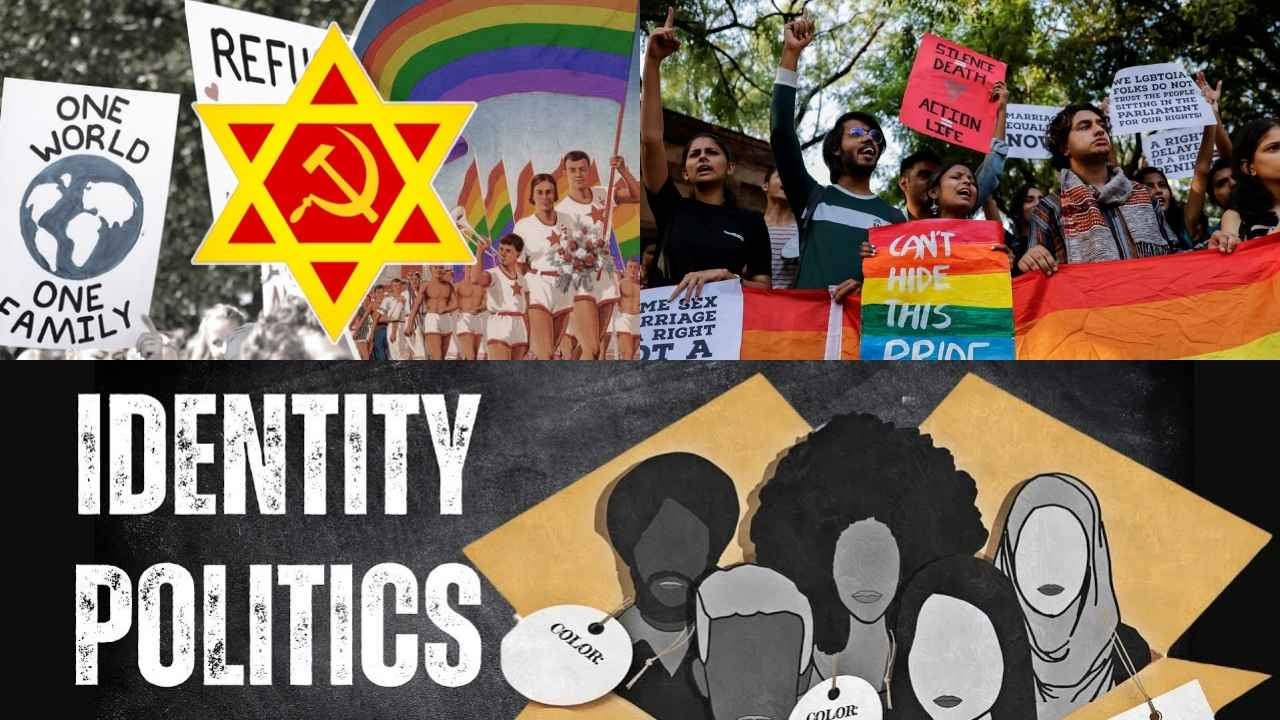
In recent times, LGBTQ+ rights have become a prominent and widely discussed topic. The rapid integration of these issues into mainstream discourse has been remarkable.
A few days ago, Thailand became the first Southeast Asian country to legalise same-sex marriages, and this year we have witnessed a controversy at the 2024 Olympics involving Imane Khelif and Angela Carine, highlighting debates around the eligibility of transgender athletes to compete in women's sports.

And in India, too, we have seen significant debate regarding the legal recognition of same-sex marriages. "And in 2020, Jawaharlal Nehru University witnessed a controversy surrounding the proposal for gender-neutral toilets, which sparked concerns that the privacy and safety of female students might be compromised."
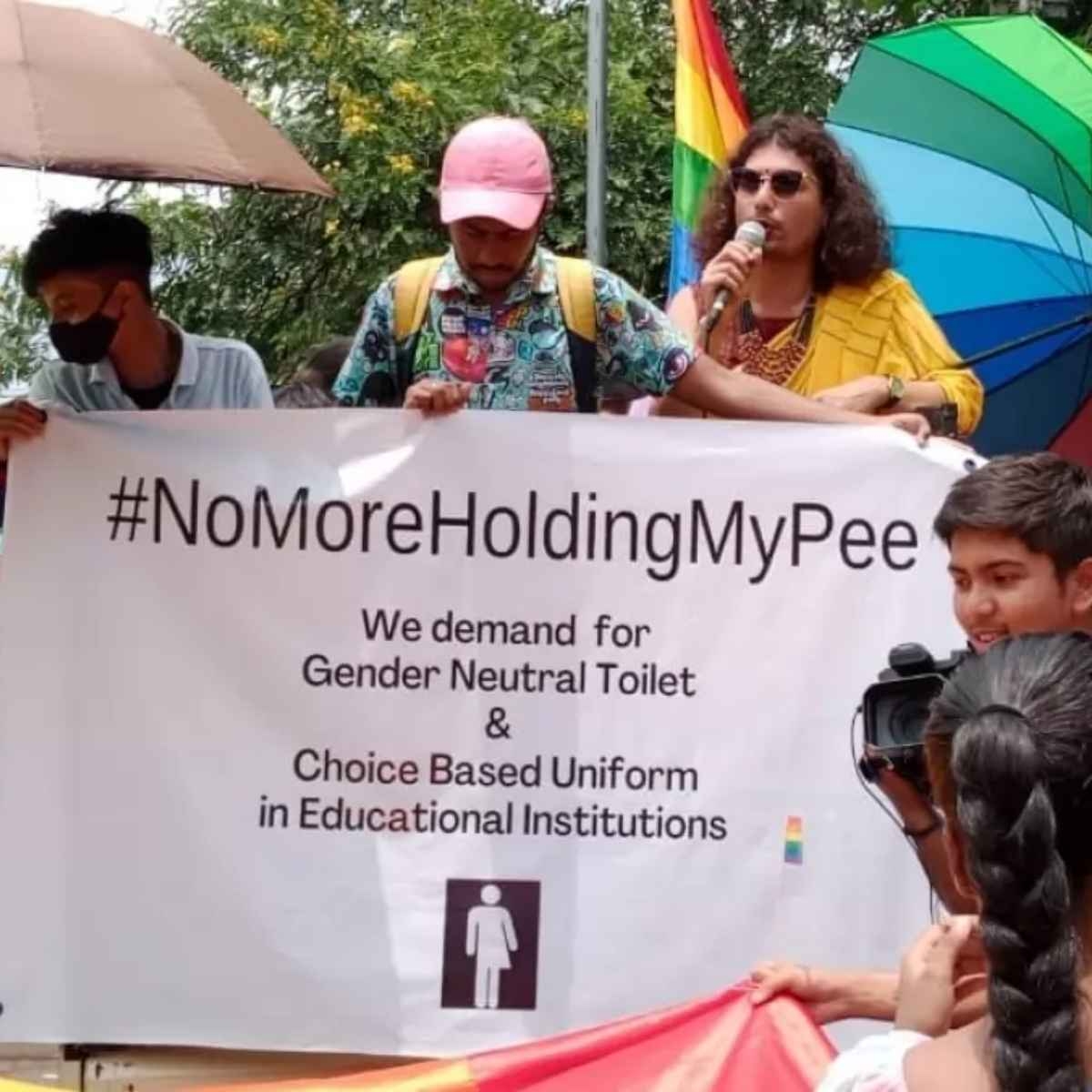
And all of a sudden, advocates of social justice, identity politics, and intersectionality have drawn attention to the ways in which our societies are sexist, homophobic, and transphobic. This raises the question: When, where, and why did these issues first arise?
Looking back to the latter half of the 20th century, a movement for gay equality emerged, aiming to reverse historical injustices. Initially, the acronym GLB (Gay, Lesbian, Bisexual) was used, but it later expanded to include "T" (transgender) and "Q" (queer), along with other symbols to represent a wider spectrum of identities.
Nature of Sexual Orientation
And if we specifically talk about the term "gay," a few years down the road, gay marriage became a cornerstone of modern liberalism. But who are gay individuals? Is sexual orientation akin to a biological trait, or is it something more malleable?
Despite extensive research into a potential "gay gene" or DNA differences between gay and straight individuals, no conclusive evidence has been found to support the idea that people are born gay. The search for a definitive biological cause remains inconclusive.
Philosophical and Historical Perspectives
Philosophically, this debate is not new. Aristotle, in his Nicomachean Ethics, briefly mentioned homosexuality as a behaviour arising from habit or custom, comparing it to actions like nail-biting or hair-plucking. He suggested that early abuse might contribute to such tendencies.
Interestingly, modern institutions such as the American Psychological Association (APA) and the Royal College of Psychiatrists have echoed similar ideas. In 2014, the Royal College of Psychiatrists (RCP) in London issued a fascinating statement on sexual orientation.
They consider that sexual orientation is determined by a combination of biological and postnatal environmental factors and Until 1973, the APA's glossary of mental disorders listed homosexuality as a disorder.
A recent example that adds to the discussion is Dr. Michael Davidson, who gained attention in the UK when he was invited as a guest on ITV's Good Morning Britain, co-hosted by Piers Morgan, to discuss homosexuality.
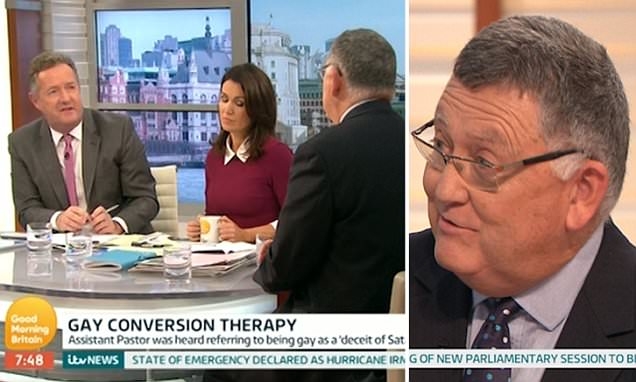
Davidson had admitted that he used to be gay himself but later decided it was not for him; he has been married to his wife for 35 years and has two children. He made it clear that homosexuality is an aberration and specifically a learnt behaviour, and he claims it is reversible in some cases.
The "Born this way" Theory
So, if we conclude that the lack of concrete evidence proving a biological basis for homosexuality proves it as a "software" issue—a matter of conditioning—rather than a "hardware" issue determined by genetics, Yet, proponents of the social justice movement push the narrative that sexual orientation is inherent.
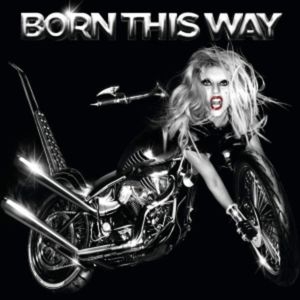
But why? According to the "Born This Way" theory popularised by Lady Gaga, the goal is to reject the fact that homosexuality is a lifestyle choice and instead claim it as an innate trait to garner sympathy and shift public opinion.
This has been a significant factor in changing attitudes toward homosexuality in the West, as the perception shifted from a lifestyle choice to an unchangeable part of one's identity. Once the idea that "God makes people gay" was established, the conversation moved beyond mere acceptance. The goal became not only acceptance but also the promotion of homosexuality as something positive or even superior.
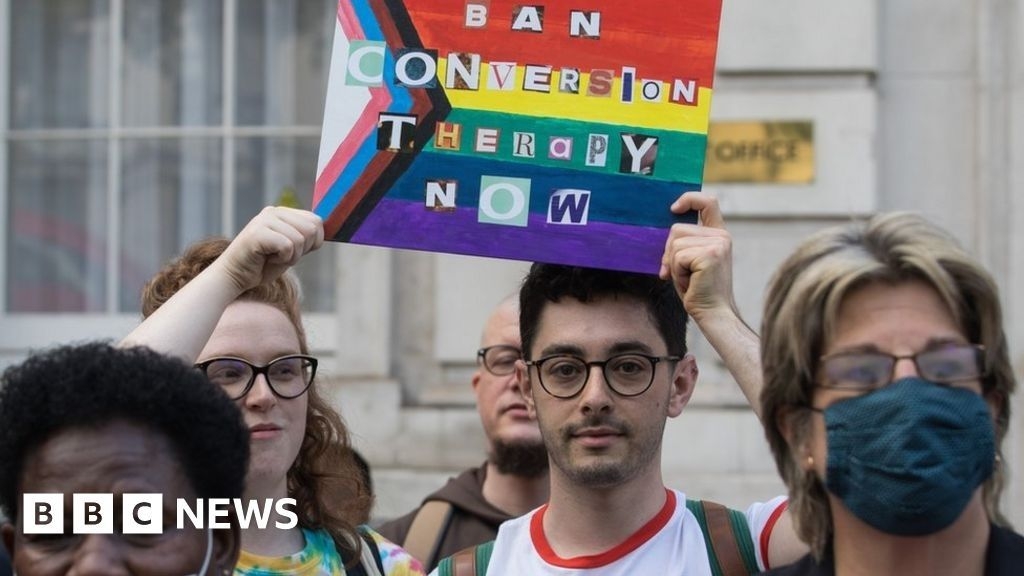
By 2018, major news outlets like the BBC began treating LGBTQ+ issues as headline-worthy stories. In 2014, a study from the University of Melbourne suggested that children of same-sex couples are happier and healthier than those raised by heterosexual parents, attributing this to the absence of traditional gender roles. The narrative promotes making it a one-way street: 'the idea that if one did anything as gay afterward, living as a straight is a living lie'.
In modern discourse, being gay is often equated with being intellectual, cosmopolitan, and morally superior to heterosexual individuals. This elevation of LGBTQ+ identities raises the question: Why is this narrative being so aggressively promoted, and by whom?
Cultural Marxist Agenda
The answer may lie in the roots of cultural Marxism. After the failure of classical Marxism, which divided society into capitalist oppressors and exploited labourers, a new version emerged. In this new framework, white, heterosexual males occupy the role of the oppressor, while minorities—including women, LGBTQ+ individuals, and other marginalised groups—are cast as the exploited class.
Conclusion
The battle for rights and recognition in this context is not just about social justice but part of a broader ideological mission rooted in a modern iteration of Marxist thought—"cultural Marxism." Controversies we have witnessed over issues like same-sex marriage legalisation, transgender individuals' participation in women's sports, and gender-neutral toilets are examples of how the cultural Marxist agenda is manifesting in society.
References: Murray, D. (2019). The Madness of Crowds: Gender, Race and Identity.
Article by
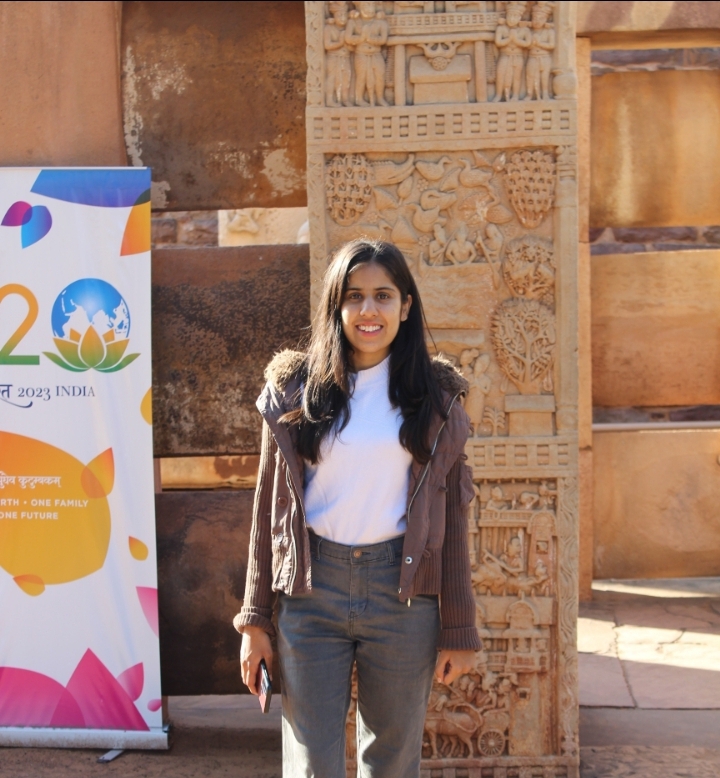
Anupriya Tanwar
Shivpuri, Madhya Pradesh

